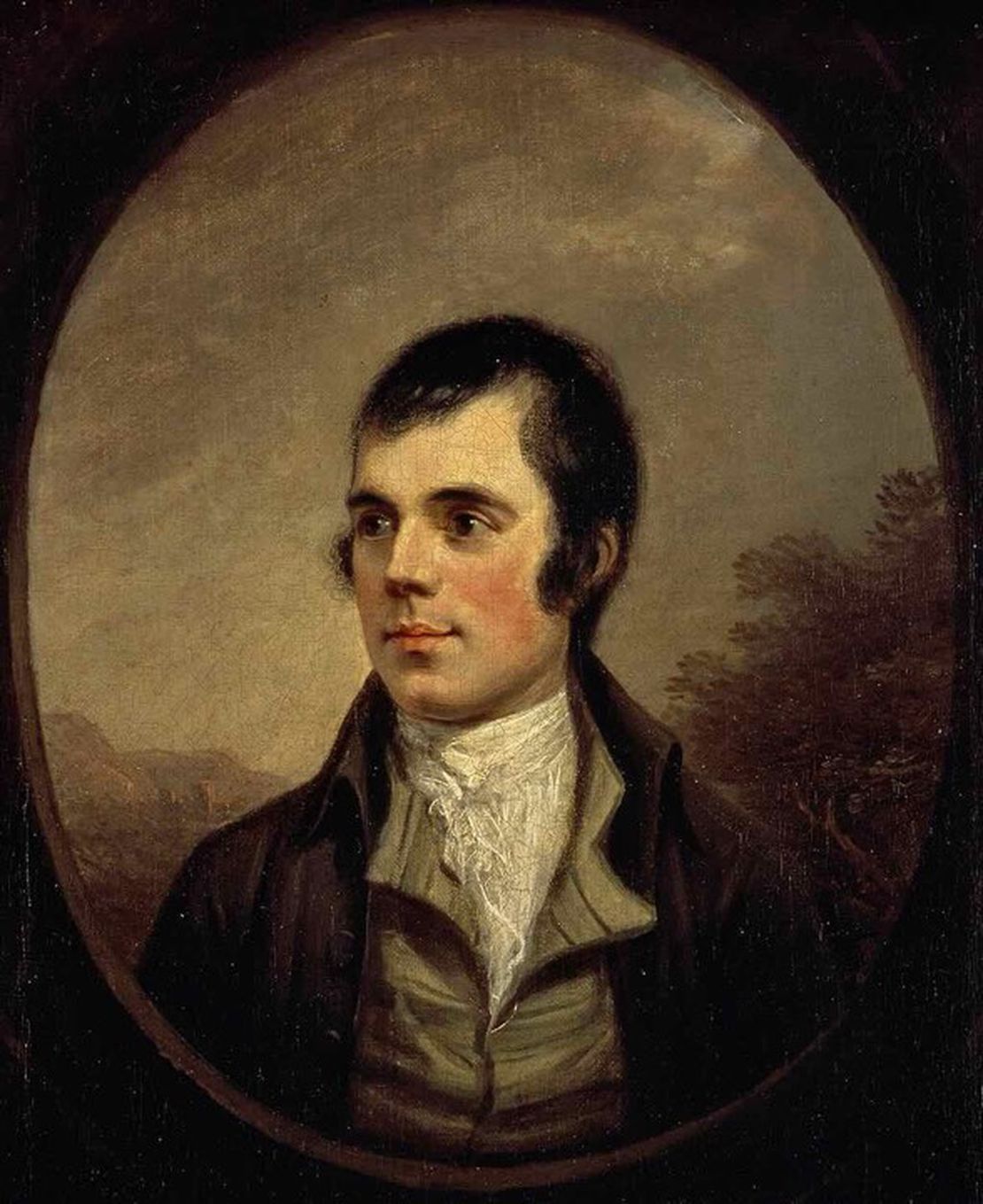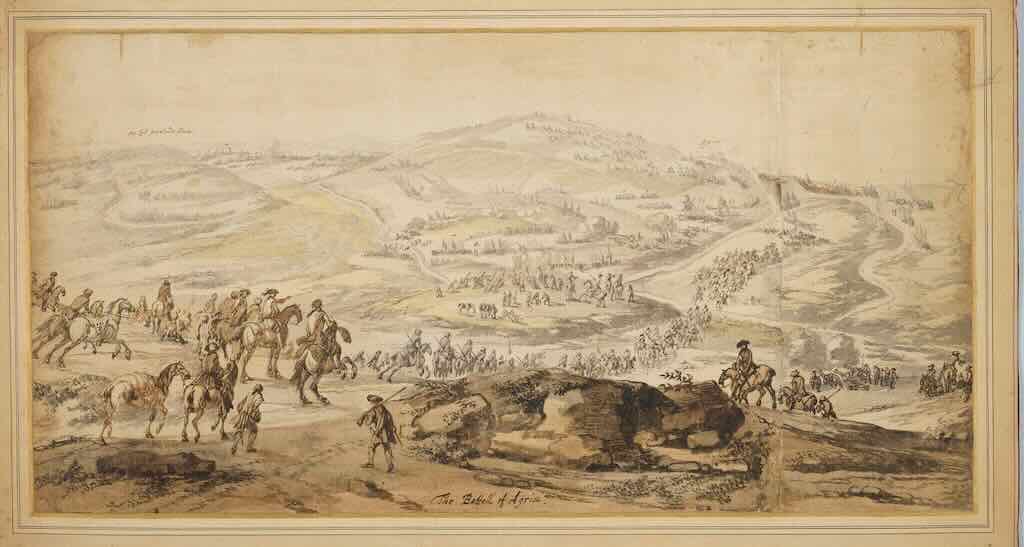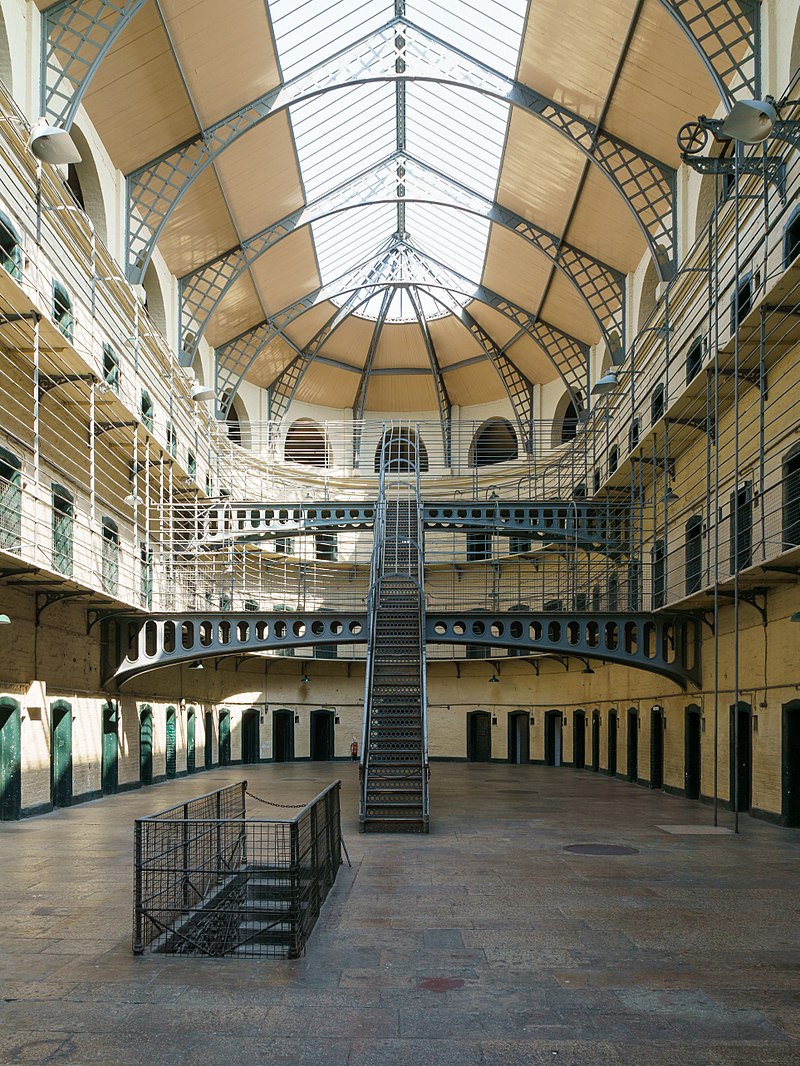- July 21, 1796
Robert Burns (January 25, 1759 – July 21, 1796) is the best known of the poets who have written in Lowland Scots. Burns also collected folk songs from across Scotland, often times revising or adapting them. His poem (and song) Auld Lang Syne is often sung at Hogmanay. Other poems and songs of Burns that remain well known today across the world include A Red, Red Rose, To a Louse, and To a Mouse.
He was writing at his best, and in 1790 had produced Tam o Shanter. About this time he was offered and declined an appointment in London on the staff of the Star newspaper, and refused to become a candidate for a newly-created Chair of Agriculture in the University of Edinburgh, although influential friends offered to support his claims.
After giving up his farm he removed to Dumfries. It was at this time that, being requested to furnish words for The Melodies of Scotland, he responded by contributing over 100 songs, on which perhaps his claim to immortality chiefly rests, and which placed him in the front rank of lyric poets. His worldly prospects were now perhaps better than they had ever been; but he was entering upon the last and darkest period of his career.
He had become soured, and moreover had alienated many of his best friends by too freely expressing sympathy with the French Revolution, and the then unpopular advocates of reform at home. His health began to give way; he became prematurely old, and fell into fits of despondency; and the habits of intemperance, to which he had always been more or less addicted, grew upon him.
He died on July 21, 1796. Within a short time of his death, money started pouring in from all over Scotland to support his widow and children.

 ← Orange Order 1st Twelfth
← Orange Order 1st Twelfth
 Kilmainham Gaol in Dublin receives its first prisoners →
Kilmainham Gaol in Dublin receives its first prisoners →